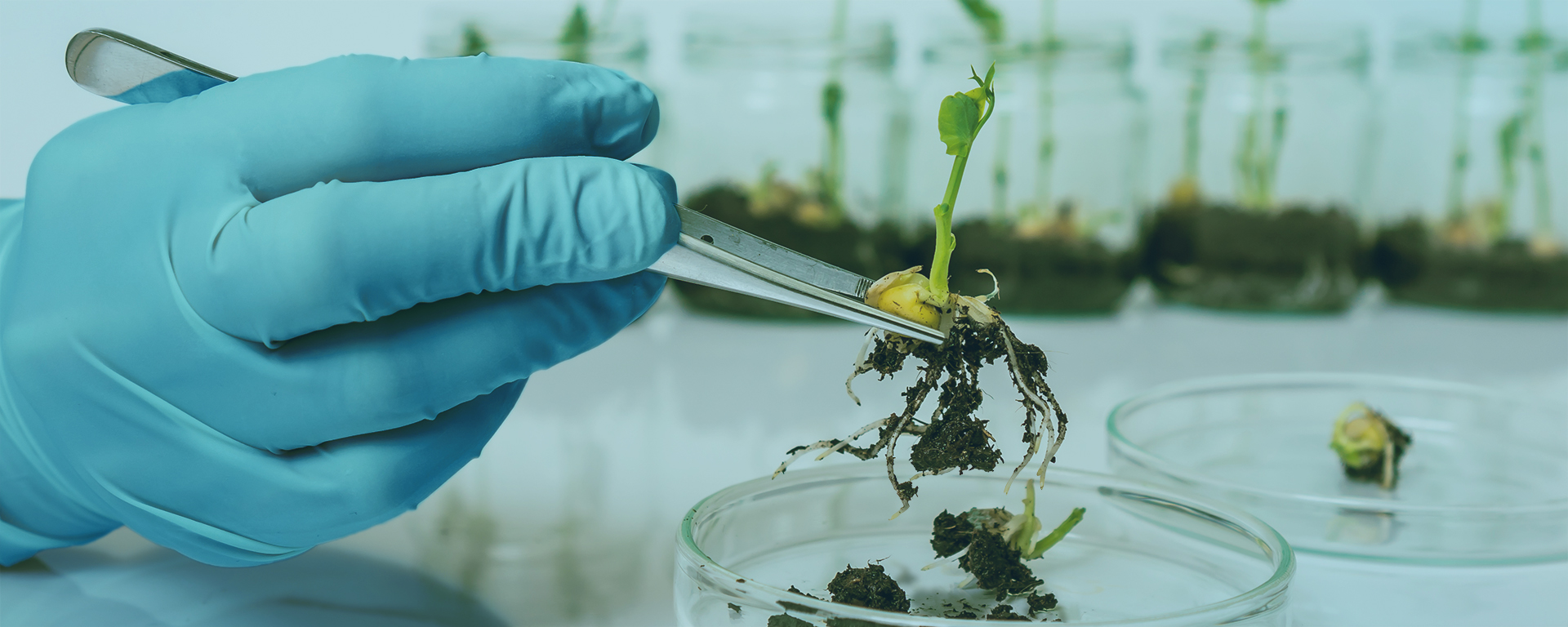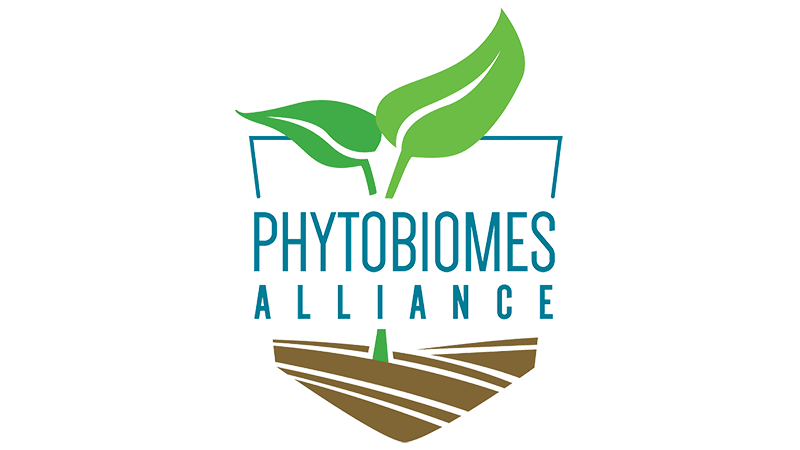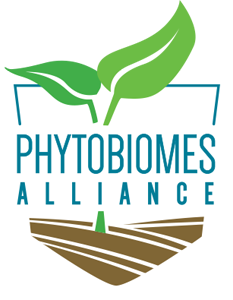
Succession of microbial assemblages during seed development (SEEDS)
Project supported by the Phytobiomes Alliance
Funded by
Agence National de la Recherche (ANR), France
Duration
48 Month
Dates
January 2018 – December 2021
Coordinator
Matthieu Barret, INRAE

Project Overview
Seeds are involved in the transmission of microorganisms from one plant generation to another and consequently act as a starting point for community assembly of the plant microbiota. Seed-transmitted micro-organisms can have detrimental or beneficial impacts on plant fitness by decreasing seed preservation and germination rate or by releasing seed dormancy. Moreover, seed represents an important means of pathogen dispersion and survival during intercrop periods. Management of seed-transmitted pathogen currently relies on chemical treatments that are adapted to control fungal plant pathogens but are unsatisfactory for bacterial plant pathogens. Since reducing use of agrochemicals in plant protection and plant nutrition is a key objective for sustainable agriculture, alternative seed treatments based on seed coating with microorganisms having plant-growth promoting or biocontrol activities have been developed. However, maintaining the viability of these microbial seed inoculants is currently challenging. An interesting alternative approach is to target plant reproductive organs for integration of microbial inoculant into seeds. As the order and timing of species arrival during community assembly can affect species occurrence and abundance, studying the succession of microbial assemblages during seed development is therefore of interest for improving the colonization these seed microbial inoculants.
Objectives
The main objective of the SEEDS project is to investigate the ecological processes involved in assembly of the bacterial community during seed development. More specifically, we will first monitor the succession pattern of bacterial community during seed development through a combination of high-throughput culture-dependent and -independent approaches (WP1). Then, the relative importance of neutral- and niche-based processes in assembly of seed-associated bacterial will be estimate via the adoption of a conceptual framework based on neutral theory (WP2). This estimation will be performed by fitting the predicted occurrence of seed-associated bacterial entities to two neutral models adapted for bacterial populations. Considering that decreases in fit of these neutral models are characteristic of increased selection pressure, deviations from the neutral model prediction will be used to identify bacterial entities selected by the host. The bacterial determinants involved in this selection will finally be investigated via comparative genomics and transposon-insertion sequencing approach (WP3).
Data generated through this project will increase our understanding of the ecological and biological processes that drive assembly of the plant microbiota. This fundamental knowledge is a first step towards the design of efficient microbial inoculants possessing plant-growth promoting or biocontrol abilities.
